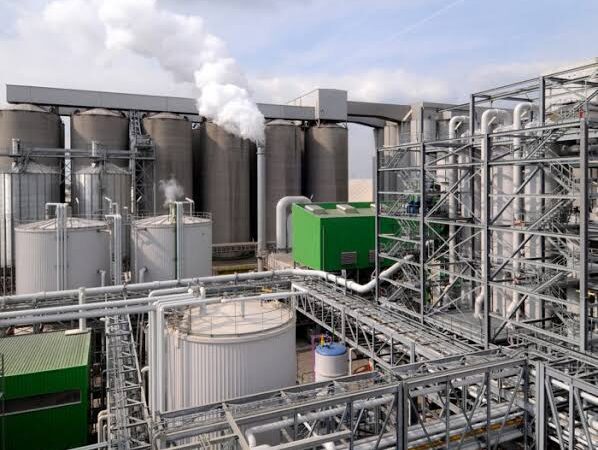In ethanol plants, maintaining precise temperature measurements is crucial for ensuring optimal process efficiency, quality control, and safety. One of the key tools used for temperature monitoring in ethanol production facilities is the thermocouple. In this article, we will explore the significance of thermocouples in ethanol plants, their functioning principle, and the critical role they play in ensuring smooth operations and productivity.
What is a Thermocouple?
A thermocouple is a temperature-sensing device that consists of two dissimilar metal wires joined at one end, known as the hot junction. The other ends of the wires are referred to as the cold junction or reference junction. When there is a temperature difference between the hot and cold junctions, it generates a voltage that is proportional to the temperature. This voltage can be measured and converted into temperature readings, providing accurate and reliable temperature data.
The Significance of Thermocouples in Ethanol Plants
- Process Optimization: Temperature control is vital throughout various stages of ethanol production. Thermocouples allow plant operators to monitor and adjust temperature parameters accurately, ensuring optimal conditions for enzymatic reactions, fermentation, distillation, and other critical processes. By maintaining the ideal temperatures, ethanol yield and purity can be maximized while minimizing energy consumption and production costs.
- Safety Monitoring: Ethanol plants operate under strict safety regulations due to the flammability and potential hazards associated with ethanol production. Thermocouples play a vital role in monitoring temperatures in critical areas such as reactors, storage tanks, and distillation columns. By detecting any abnormal temperature changes or overheating, thermocouples can trigger alarms or shutdown systems, preventing potential accidents and ensuring the safety of personnel and the facility.
- Quality Control: Ethanol quality is directly influenced by temperature control during fermentation and distillation. Inaccurate temperature measurements can lead to variations in ethanol concentration, impurities, or undesirable by-products. Thermocouples provide real-time temperature data, allowing operators to maintain precise control over the process and ensure consistent ethanol quality from batch to batch.
- Energy Efficiency: Ethanol production requires significant amounts of energy. By utilizing thermocouples for temperature monitoring, ethanol plants can optimize energy consumption. Accurate temperature measurements enable operators to fine-tune heating and cooling systems, reducing energy waste and optimizing the overall energy efficiency of the plant.
- Troubleshooting and Maintenance: Thermocouples are also valuable tools for troubleshooting and maintenance purposes. If a process deviation or malfunction occurs, temperature data from thermocouples can help identify the root cause of the issue. Regular calibration and maintenance of thermocouples ensure their accuracy, allowing for early detection of any drift or faults that might affect process control.
Conclusion
Thermocouples are indispensable tools in ethanol plants, providing accurate temperature measurements essential for process optimization, safety monitoring, quality control, energy efficiency, and troubleshooting. With their ability to withstand high temperatures, thermocouples offer reliability in harsh operating conditions. Ethanol producers can leverage this technology to enhance productivity, reduce costs, and ensure the consistent production of high-quality ethanol while adhering to stringent safety standards. As the ethanol industry continues to grow, the role of thermocouples in maintaining efficient and safe operations will remain paramount.
